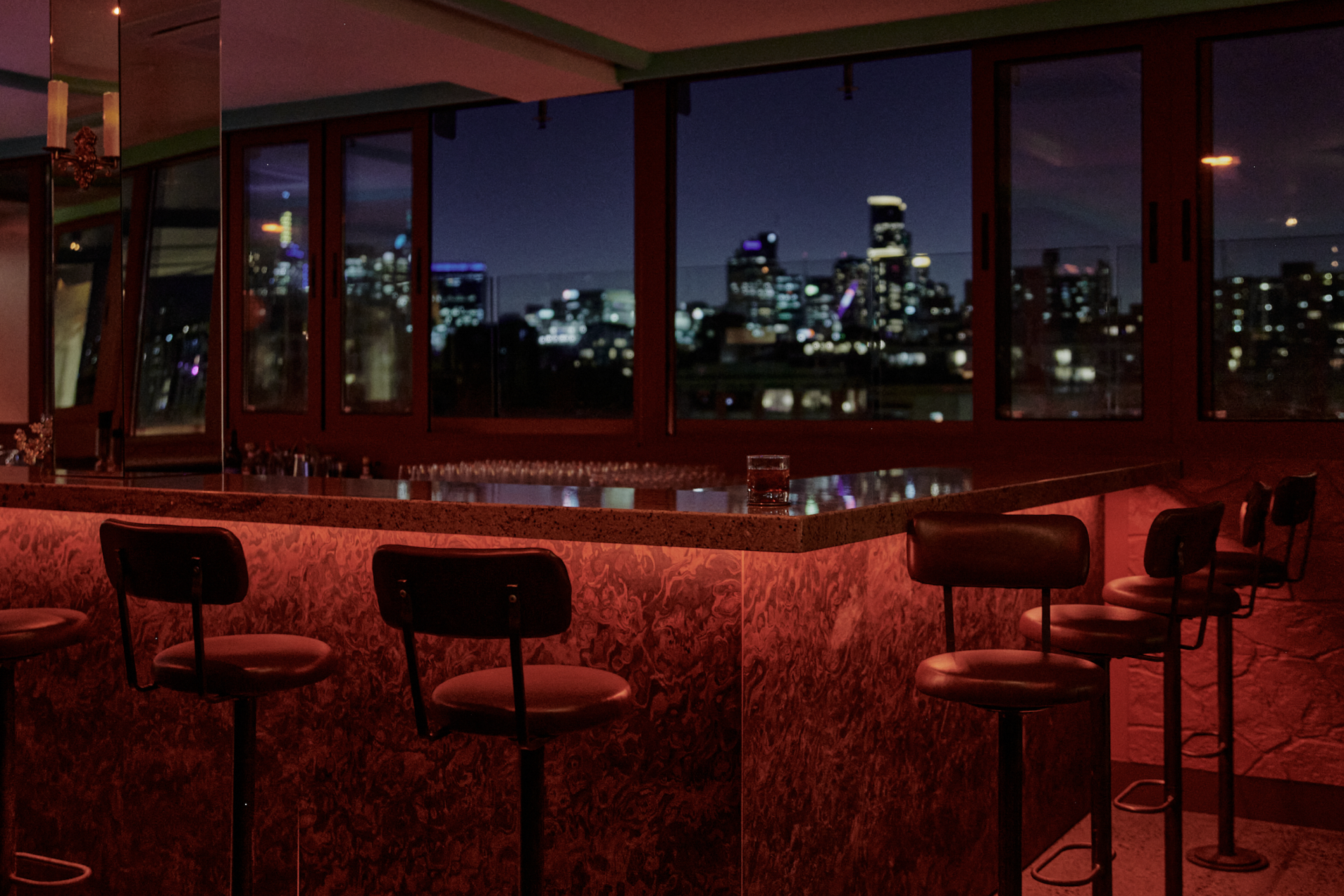What's Hot
Crafting the new rules for whisky
With rising tariffs and growing demand for local spirits, Starward’s Two-Fold is winning over curious whisky drinkers—thanks to its bold flavour, local ingredients and competitive price point. With escalating tariffs...
Suntory Oceania launches in Australia.
Beverage giant Suntory is known for innovation, crafting market-leading beverages from Japan’s finest whiskies to iconic RTDs such as Suntory -196. In one of its boldest moves yet, Suntory has officially launched a $3 billion multi-beverage powerhouse that will disrupt and ignite...
A new horizon – introducing Never Never’s bold new look
A shift in size with the same award-winning spirit Australia, 14 June 2025 – Award-winning distillers Never Never have launched a brand new look and bigger bottle size. The striking new...
Archie Rose White Cane Rum Riff Champions Announced
The Archie Rose White Cane Rum Riff Competition has officially wrapped. With finals held across the country throughout May and June, six regional champions have now been crowned. Contestants were...
Celebrate a Century with Australia’s Oldest Spirit
To celebrate their 100th distilling season in 2025, St Agnes Distillery has unveiled the St Agnes XXO 50 Year Old Exceptional Reserve, the oldest bottled spirit ever produced in Australia....
NEW BY POPULAR DEMAND – BAROSSA VALLEY ESTATE ROSÉ
NEW BY POPULAR DEMAND – BAROSSA VALLEY ESTATE ROSÉ For the first time ever, our most popular cellar door wine is available to the public – Barossa Valley Estate Rosé....
ARCHIE ROSE WHITE CANE RUM RIFF: FINALISTS ANNOUNCED!
With over 100 entries from bartenders across Australia, finalists for Archie Rose’s White Cane Rum Riff have been announced. This high-energy neighbourhood cocktail competition is all about celebrating Australian spirits...
The Glendronach Unveils ‘The Masters Anthology’: An Ode To Sherry Cask Mastery
A new collection of Highland Single Malt Scotch Whisky that captures the breadth and depth of sherry cask maturation. Curated by acclaimed Master Blender Rachel Barrie, this anthology celebrates almost...
Taste the Legend with Theakston
Across the range of Theakston Ales, you will find a beer that fits your customer base — on tap, in bottle, or in can. From the dry and refreshing Best Bitter to the hoppy Peculier IPA and Pale, to the exceptional XB Ruby Ale,and finally to the rich...
Kentucky is calling with Angel’s Envy: Win the Ultimate Angel’s Envy Distillery Experience!
After an incredibly successful first year, Angel’s Envy is launching its Kentucky is Calling incentive program for the second year – here’s how you can get involved. To celebrate its...
Introducing ‘The Great Aussie G&T.’
The Great Aussie G&T campaign from Never Never Distilling Co presents an exciting opportunity for venues to boost sales and attract more consumers Never Never Distilling Co. was born in...
AUSTRALIAN DEAKIN ESTATE PORTFOLIO PARTNERS WITH OATLEY FINE WINE MERCHANTS
We are pleased to announce that from April 1, 2025, Australian wine brands; Deakin Estate, Deakin Azahara and La La Land have entered into a new Australian distribution partnership with...






























